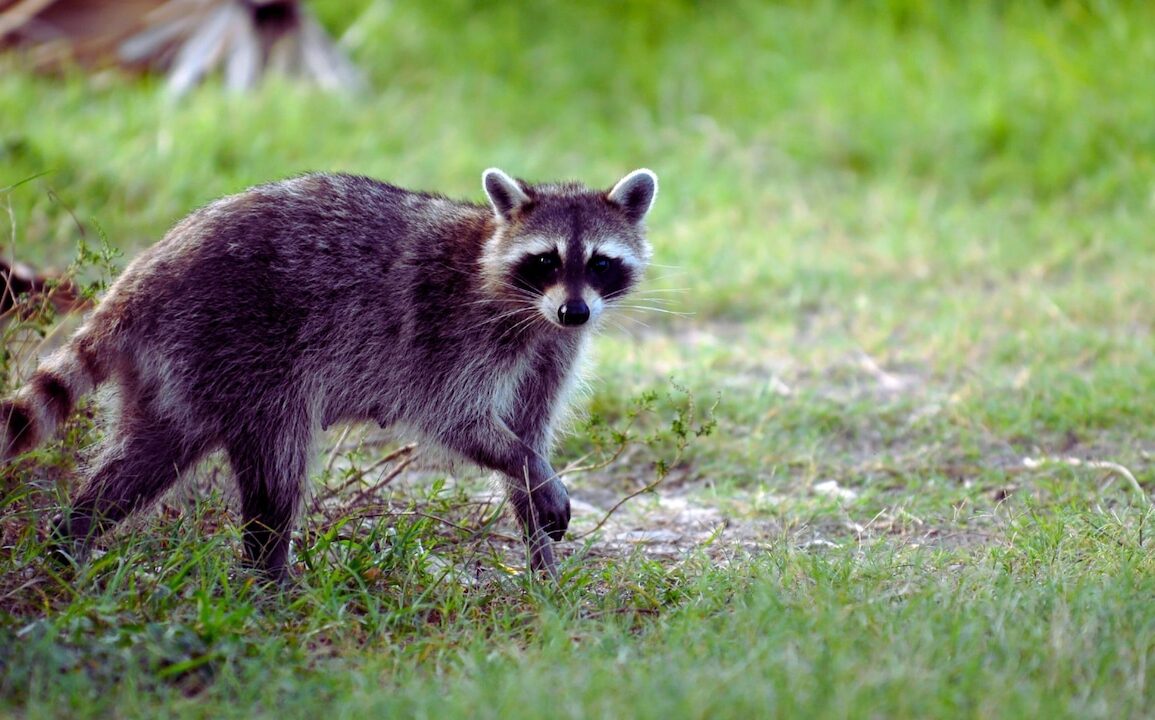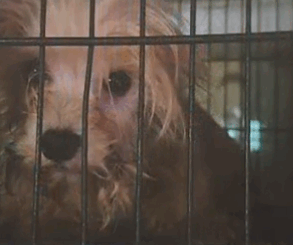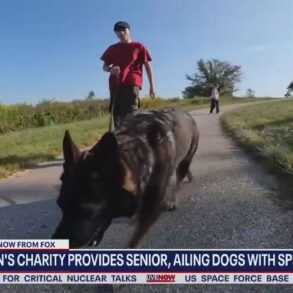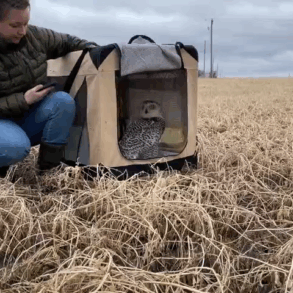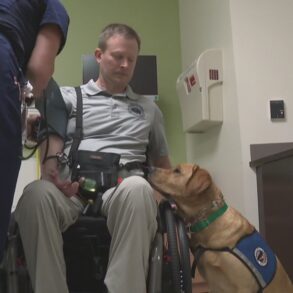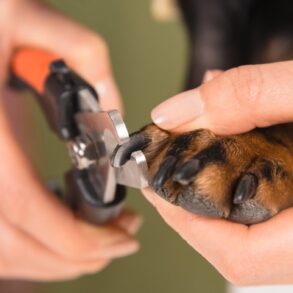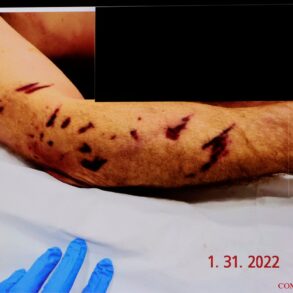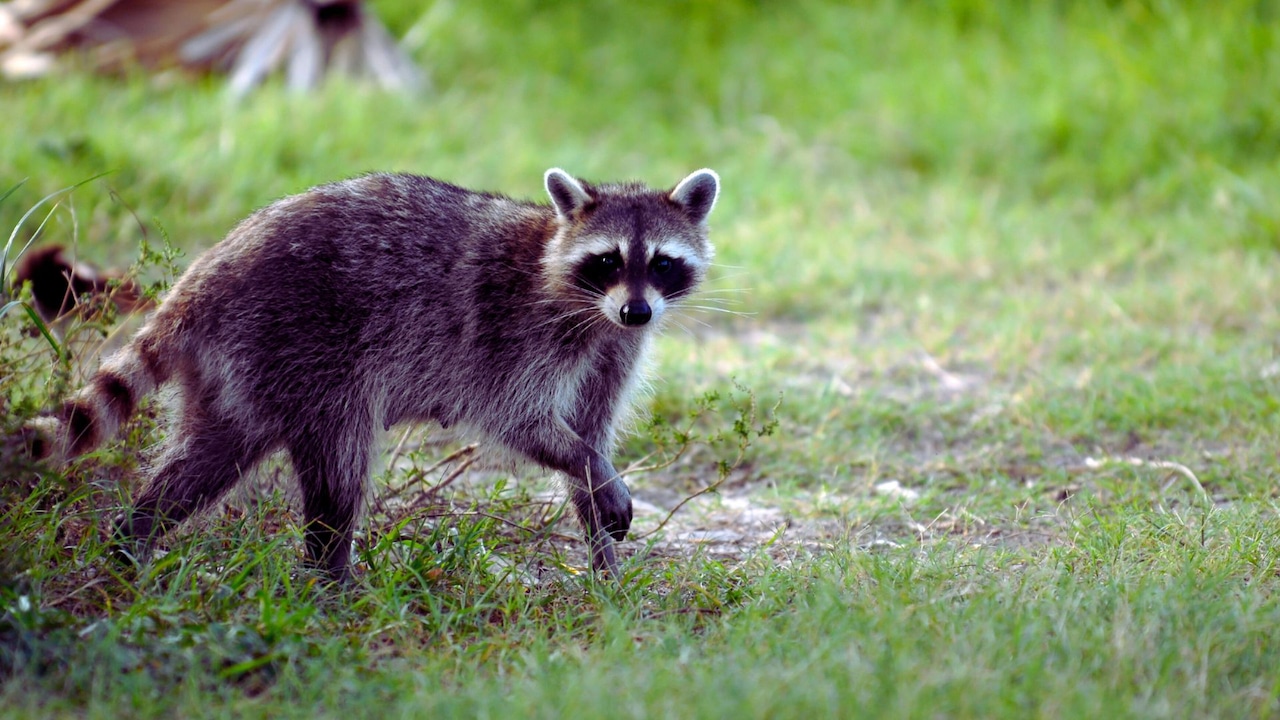
A sick raccoon that attacked a New Brunswick resident’s dog last week has tested positive for rabies, according to Middlesex County Office of Health Services.
A resident in the area of Townsend Street and Throop Avenue called animal control on May 29 to report that their dog was attacked by a raccoon, officials said.
The animal was taken to a state Department of Health laboratory, where it tested positive for rabies, authorities said.
The resident was told to consult with their physician and with their veterinarian regarding exposure to the rabid animal. No other exposures have been reported, authorities said.
This is the third rabid animal reported in Middlesex County this year and the first in New Brunswick.
Health officials urged residents to report wild animals showing signs of unusual behavior to the police.
While some rabid animals are aggressive and vicious, others might appear lethargic and paralyzed.
Officials said it’s important to avoid contact with unfamiliar animals, even if they seem friendly.
Additionally, residents are advised to tightly secure all garbage cans, avoid leaving pet food or water outside, prevent rainwater from collecting in outdoor containers or equipment and keep yards free of garbage and debris.
Rabies is an infectious disease that attacks the central nervous system. It travels from the brain to salivary glands during the final stages, making an animal become infectious days before it dies.
It cannot spread from one animal to another unless skin is broken. While it is not airborne, any open wounds that come in contact with saliva are at risk of infection.
In New Jersey, raccoons account for the majority of the rabid animals diagnosed, followed by skunks, cats, foxes, and groundhogs, according to the state health department.
Twelve other species of animals have also been diagnosed with rabies, including deer, dogs, horses, cows, sheep, goats, rabbits and ferrets.
As of March 31, the New Jersey Department of Health has reported a total of 18 animal rabies cases, 13 of them raccoons this year. More recent data is not yet available.
Although it’s rare, an average of 10 people still die from rabies each year in the United States, according to the Centers for Disease Control and Prevention, usually because they didn’t get medical help soon enough after being scratched or bitten.
The last rabies death in New Jersey was that of a 73-year-old woman in 2011.
Thank you for relying on us to provide the local news you can trust. Please consider supporting NJ.com with a voluntary subscription.
Jackie Roman may be reached at jroman@njadvancemedia.com.
This post was originally published on this site be sure to check out more of their content.



